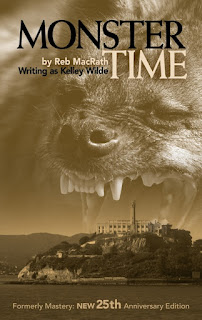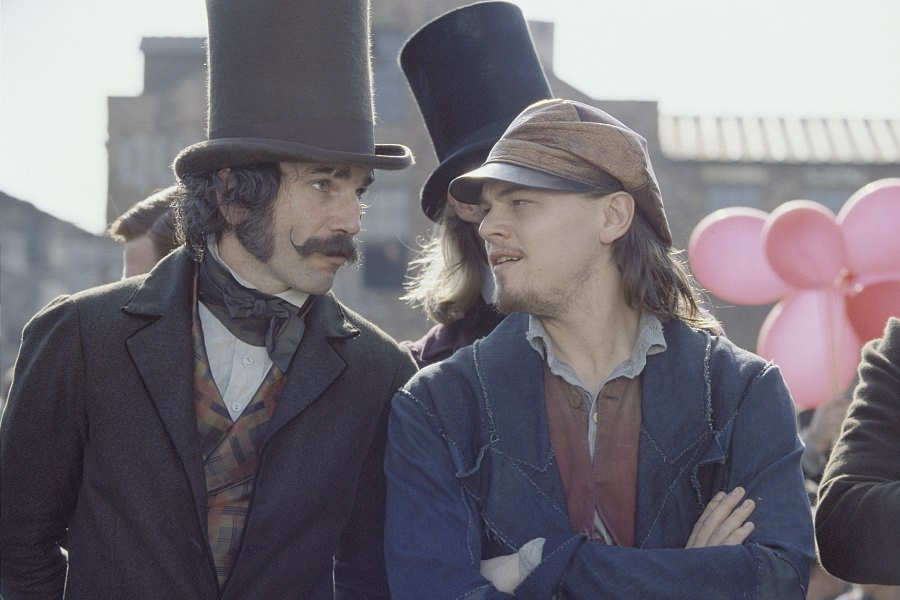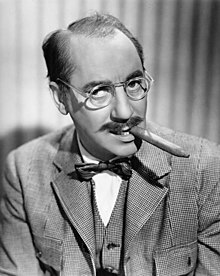You face a huge cleanup and proofing adventure if you're scanning an old book for conversion into ebook form. And you must be prepared. Those of us who wrote some of our books before we had computers have had to deal with the issues and can tell you a few tales.
I'll limit this blog to the proofing adventures I had with MonsterTime: formerly Mastery, published in 1991. At 125,000 words, it was my longest novel. And, lacking the time and equipment, I paid my formatter to scan it. This turned out to to be a smart decision, since Yvonne Betancourt also performed an extensive preliminary cleanup job.
In the scanning process, as I'd been warned by other writers, all kinds of crazy things happen. And Yvonne took care of the obvious things: freaky line breaks, appearances of nonsense signs like
# # % & @@@ & .
The text had also included typographical stunts: attempting to capture, for instance, the sound of a hyena's whoop. And Yvonne had lovingly preserved these bits. Well, you might wonder sensibly, what was left for me to do. The devil's own work is the answer.

Throughout the entire text the number 1 had converted to I. At the start of any word, the letter f had converted to H. Quote marks were randomly reversed. Periods appeared in the middle of words. Random letters were italicized. And, though I was working from memory, every now and then I knew that words had got lost in the scanning. Once, I was so confused by one paragraph that I knew it was missing a sentence or two. In places, the paragraphing itself seemed confused.
All that said, you'll note that I did call this an adventure rather than an ordeal. Since I was also doing a major rewrite as I went, I welcomed the chance to rethink the novel--without using the paperback original as my safety net. I had the rare opportunity to look freshly at each word--rethinking the sense while I looked for mistakes.
The entire process has taken me three months. And I don't regret one day. The 25th Anny Edition of the book that had been Mastery is 10,000 words shorter--and far better, I think, in all ways.
Two last Kelley Wilde horror novels remain to be rewritten. They too will have to be scanned. No complaints. But I'll tell you, honestly, I'll wait a year till beginning the next! Meanwhile, I celebrate next Month's release of:






